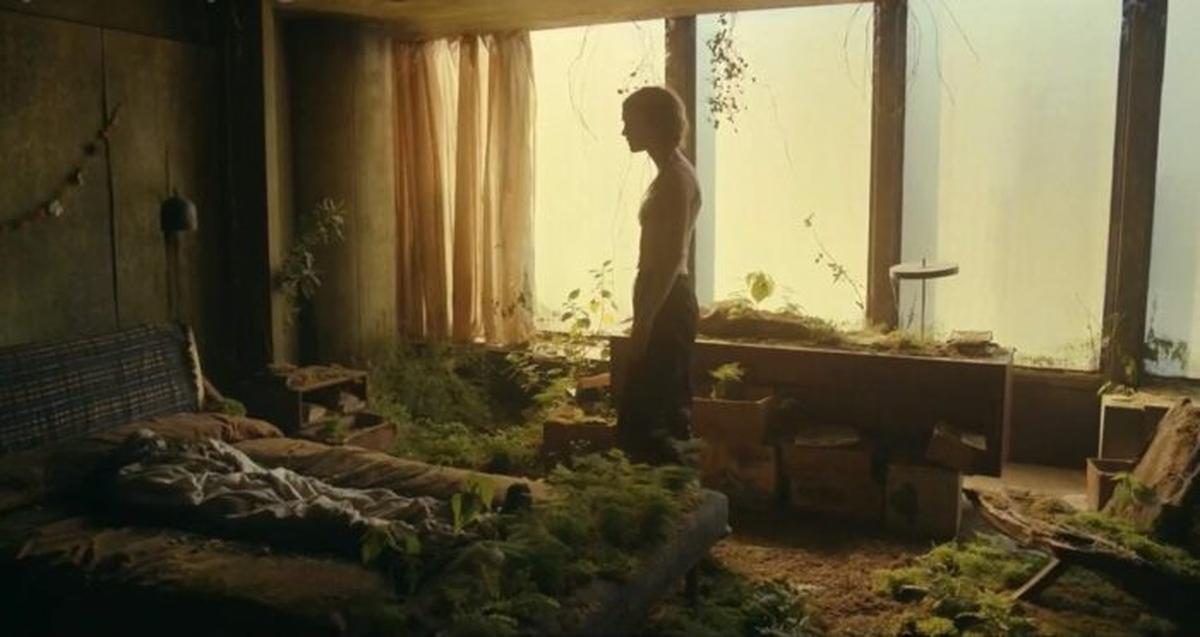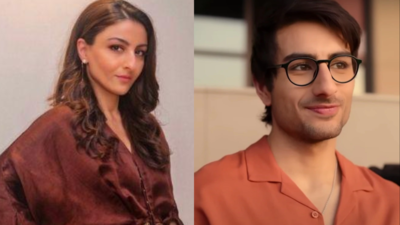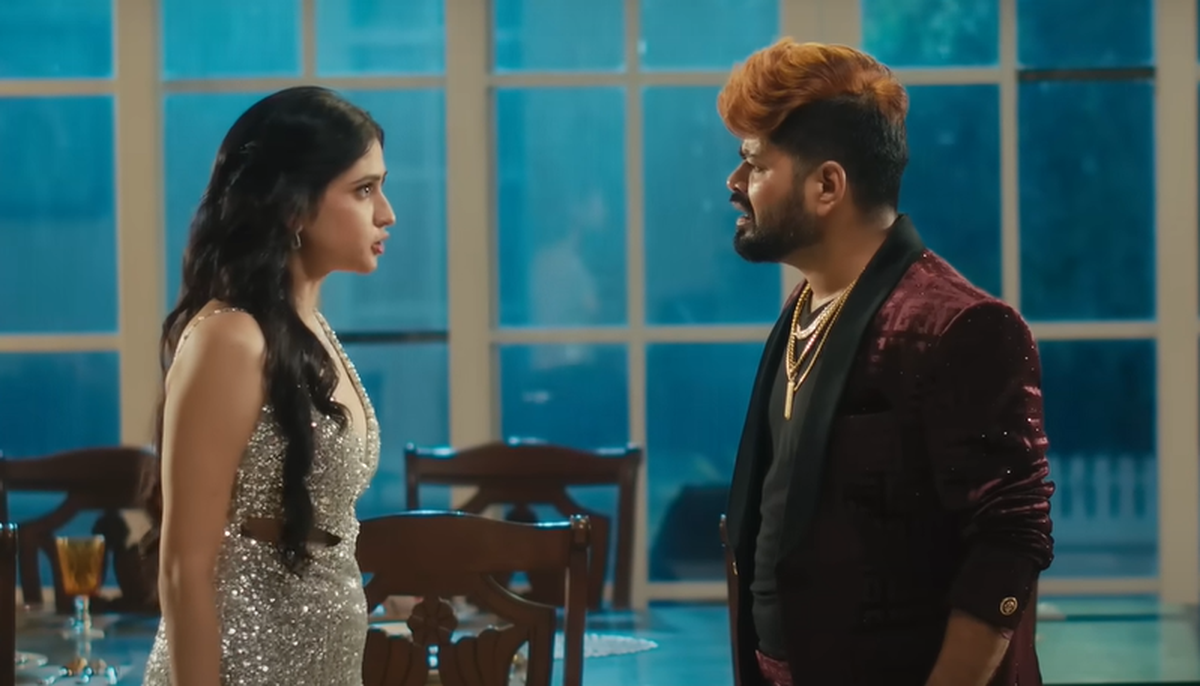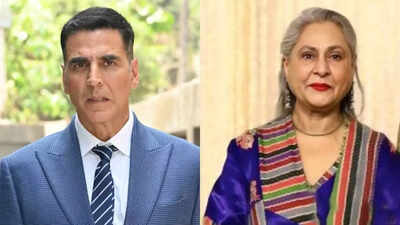By the quarantined summer of 2020, I found myself once again in the overgrown ruins of a familiar place. The screen flickered to life. A dilapidated window let in the soft golden light of a desolate world, its serenity pierced by the trembling chords of Gustavo Santaolalla’s music.The Last of Uswas never a happy story. But as I pressed “Start” on the game — now adapted into an acclaimed HBO series featuring Pedro Pascal and Bella Ramsey, with Season 2 releasing next week — I found solace not in the hope of salvation. Instead, what hit me was the strangely reassuring idea that after the world fell apart, something tender still remained.

It is curious how often the apocalypse feels like a balm. These stories of crumbling civilisations and lonely survivors should be terrifying. And they are. But for those of us living with the anxieties and overstimulation of modern life, the end of the world can feel almost like a relief. A terrible, beautiful quiet. A chance to breathe.

‘The Last Of Us’ main menu screen
| Photo Credit:
Naughty Dog
WALL·E, for instance, renders its dystopia in pastels, with a lullaby-like feel to its trash-littered Earth. The world has ended, yes, but look at how soft the loneliness is. Look at how kind. 2007’s I Am Legend gives us Will Smith, his trusty dog Sam, and the vast hush of an emptied city, inviting us to consider that solitude might be cleansing when the noise finally stops.

HBO’s Station Eleven dares to believe that even after catastrophe, there will be Shakespeare. That humanity’s most delicate instincts — art, memory, kindness — might survive the day of reckoning. Prime Video’s Fallout goes the other way, embracing a garish, nihilistic abandon. But even in its radioactive playground, there is a strange kind of freedom in the joys of reinvention.

A still from ‘Station Eleven’
| Photo Credit:
HBO Max
Hayao Miyazaki’s Nausicaä paints the end times not as punishment, but as Earth’s immune response — a toxic beauty that makes empathy the rarest and most valuable resource. Meanwhile, Hideo Kojima’s Death Stranding, also slated for a movie adaptation, turns mundane package-delivering gig work into something spiritual, ceremonial and almost mythic. And Zom 100 — a zombie comedy, of all things — suggests that perhaps society itself was the real horror. That in the end, we might greet the apocalypse with open arms and a bucket list.

A still from Hideo Kojima’s ‘Death Stranding’
| Photo Credit:
Kojima Productions
I am not rooting for the world to end. But for an unrelenting culture that feels too fast, too loud, and too much, these stories offer something simpler. Their solitary ruins offer up clarity. Sometimes, in the ruins, we can finally hear ourselves think.

As I await the release of The Last of Us Season 2, I think back on my gaming sessions in the peak of the pandemic. I played in the wee hours, when everything felt paused too — everyone asleep, the street outside deathly still, as if I alone had survived. There was comfort in that stillness, in the game’s long stretches of calm, in the decrepit husks of cities taken over by green, in the way every footstep echoed. It did not feel like I was escaping reality, but more like I had finally found a version of it I could endure. No small talk, no notifications, no depressing fluorescent office lighting — just a gentle sense of collectedness.
From The Hindu cinema team, a fortnightly column recommending films and shows tied to a mood, theme, or pop-cultural event.
Published – April 11, 2025 05:07 pm IST
















